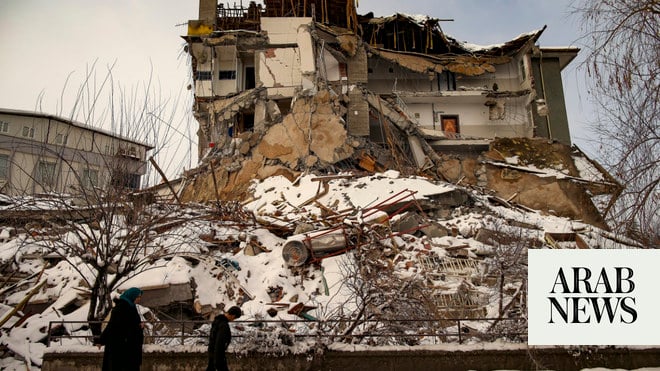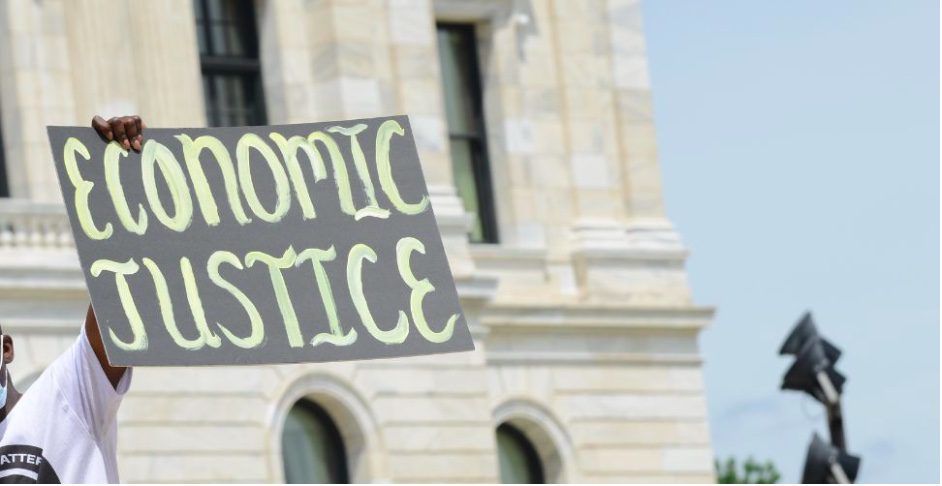
Britain needs a national day of remembrance for the victims of coronavirus to help process a “tsunami of loss” that risks damaging lives for decades to come, the terminal illness charity Marie Curie has said.
The charity is proposing a “a day of loss or a day of grieving”, possibly on 23 March, the anniversary of the day Britain went into lockdown, to create a similar communal moment to Remembrance Sunday in November when people pay tribute to those who died in wars.
It wants the day to become an annual feature to remember the tens of thousands of people who are likely to have died from coronavirus, but also those who died during the epidemic and whose loved ones were prevented from gathering together to express their grief.
The charity will call on the government to back its plan with a warning that if grief during the lockdown is thwarted and allowed to go unrecognised through some form of national ritual, large parts of the population could suffer long-term emotional and mental health problems.
A wave of 8,000 more deaths a week than the average has coincided with physical distancing restrictions that mean loved ones are prevented from saying goodbye in person to dying relatives and friends and only very few people can attend funerals. This is leaving more people grieving but with fewer outlets to express their feelings, the charity said.
“In normal times we know that the ability to attend a funeral, a rite of passage for thousands of years in human civilisation, is an important part of the grieving process,” said Matthew Reed, the chief executive of Marie Curie. “It closes the book on a person’s life and is the chance to open a new chapter for the people that are left. Because people aren’t able to properly express their grief it is creating a tsunami of loss. The consequences of not handling it well can last for decades.”
Reed said the failure to address grief after the second world war had widespread consequences for a generation of Britons, and while the death toll from cononavirus will not match that left in 1945, the same problem must not be allowed to recur. He said the focus on the number of coronavirus dead, expressed in curves and graphs, tended to play down the emotional impact of the epidemic in the UK.
“Because the numbers tend to grab headlines and form the national narrative it is easy to forget that behind these [figures] lie individual families,” he said. “When rites of passage don’t happen you get ragged ends,” he said, adding these can cause lower self-esteem, mental health problems and it becomes “more difficult for people to realise their full potential in life”, at a cost to the economy.
Reed said Marie Curie wanted to build a broad coalition among different charities and faith groups to create an inclusive day of remembrance and was planning to lobby the culture secretary, Oliver Dowden, to give it government support. It is also launching a petition to gather public backing.












